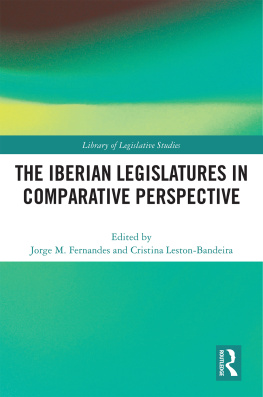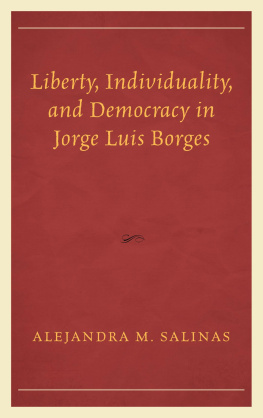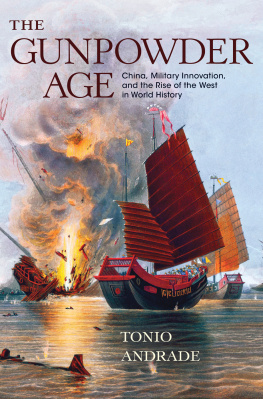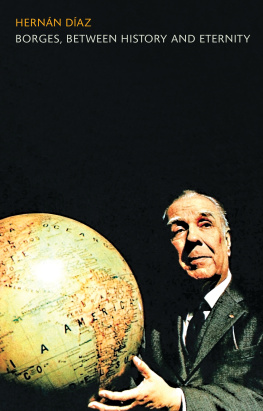Challenging Euro-Americas Politics of Identity
Jorge Fernandes book takes its subtitle, Return of the Native, from Thomas Hardys 1878 novel. However, unlike Hardys returning native, the native with whom he is concerned is a nomad whose trajectory of movement maps important aspects of the contemporary and increasingly globalized world.
In theoretically deep yet accessible discussions, the author treats a range of sources: film, fiction, political theory and state policy. By tracing the nomadic movement of bodies across national frontiers this book helps us to question any natural link between nation-states and identities, and between places and peoples. This is not merely a theoretical problem, as Fernandes relates it to the very current crisis of nativistic/multicultural identity in the West. The author takes globalization seriously, but rather than focusing on its economic or institutional manifestations, he examines how politics takes shape in transnational social and cultural encounters, and how this new politics is not just about containing aliens, but also contains fruitful possibilities for different modes of being.
This interdisciplinary book will be of interest to advanced students and scholars in Politics, Geography, Postcolonial Studies, Cultural Studies, African and African-American Studies, Comparative Literature, American Studies and Ethnic Studies.
Jorge Luis Andrade Fernandes was an Assistant Professor of Ethnic Studies at Bowling Green State University, USA, before he died in 2004.
Preface by Michael J. Shapiro, Professor of Political Science at the University of Hawaii, USA.
Rethinking Globalizations
Edited by Barry K. Gills
Newcastle University, UK
This series is designed to break new ground in the literature on globalization and its academic and popular understanding. Rather than perpetuating or simply reacting to the economic understanding of globalization, this series seeks to capture the term and broaden its meaning to encompass a wide range of issues and disciplines and convey a sense of alternative possibilities for the future.
1 Whither Globalization?
The vortex of knowledge and globalization
James H. Mittelman
2 Globalization and Global History
Edited by Barry K. Gills and William R. Thompson
3 Rethinking Civilization
Communication and terror in the Global Village
Majid Tehranian
4 Globalisation and Contestation
The new great counter-movement
Ronaldo Munck
5 Global Activism
Ruth Reitan
6 Globalization, the City and Civil Society in Pacific Asia
Edited by Mike Douglass, K.C. Ho and Giok Ling Ooi
7 Challenging Euro-Americas Politics of Identity
The return of the native
Jorge Luis Andrade Fernandes
8 The Global Politics of Globalization
Empire vs Cosmolis
Barry K. Gills
9 Globalization as Evolutionary Process
Jan Oosthoek
10 Globalization as Evolutionary Process
Modeling global change
Edited by George Modelski, Tessaleno Devezas and William R. Thompson
11 The Political Economy of Global Security
War, future crises and changes in global governance
Heikki Patomki
Challenging Euro-Americas Politics of Identity
The return of the native
Jorge Luis Andrade Fernandes
Preface by Michael J. Shapiro

LONDON AND NEW YORK
First published 2008
by Routledge
2 Park Square, Milton Park, Abingdon, Oxon OX14 4RN
Simultaneously published in the USA and Canada
by Routledge
270 Madison Avenue, New York, NY 10016
Routledge is an imprint of the Taylor & Francis Group, an informa business
This edition published in the Taylor & Francis e-Library, 2007.
To purchase your own copy of this or any of Taylor & Francis or Routledges collection of thousands of eBooks please go to www.eBookstore.tandf.co.uk.
2008 Jorge Luis Andrade Fernandes
All rights reserved. No part of this book may be reprinted or reproduced or utilized in any form or by any electronic, mechanical, or other means, now known or hereafter invented, including photocopying and recording, or in any information storage or retrieval system, without permission in writing from the publishers.
British Library Cataloguing in Publication Data
A catalogue record for this book is available from the British Library
Library of Congress Cataloging in Publication Data
Andrade Fernandes, Jorge Luis, d. 2004.
Challenging Euro-Americas politics of identity : the return of the native / Jorge Luis Andrade Fernandes.
p. cm. (Rethinking globalizations; 7)
Includes bibliographical references and index.
1. Supranationalism. 2. Group identity. 3. Multiculturalism. 4. Human
geography. 5. GlobalizationSocial aspects. I. Title. JZ1308.A54 2007
320.54dc22 2007017243
ISBN 0-203-93382-6 Master e-book ISBN
ISBN13: 978-1-135-97700-9 ePub ISBN
ISBN 978-0-415-77393-5 (hbk)
ISBN 978-0-203-93382-4 (ebk)
Contents
Preface
Jorge Luis Andrade Fernandes died on December 19, 2004, in an automobile accident in College Station, Pennsylvania, leaving behind a wife, Sasha, who is a practicing M.D., and his young son Gabriel, then two years old. Arriving in Massachusetts from Cape Verde at age 16 with his parents, Adolfo and Elisa, and his younger siblings, Jorge distinguished himself at every academic level from high school through his B.A. at Brandeis (in African and African American Studies and Biology), his M.A. at Howard University (in African Studies and Research) and his Ph.D. in Political Science at the University of Hawaii. Shortly after his death, while we in the Political Science Department at the University of Hawaii (nominally his former mentors, although the mentoring frequently worked in the opposite direction) were establishing a graduate award in his name, one of my colleagues remarked that the only worthy recipients would have to be, like Jorge, more knowledgeable than our faculty.
Jorge wrote a brilliant dissertation, taught first as a teaching assistant and subsequently as an instructor at the University of Hawaii, and was in his first year as an Assistant Professor in the Department of Ethnic Studies at Bowling Green State University in Ohio when he died. Jorges book, based on his dissertation, takes its subtitle, The Return of the Native, from Thomas Hardys 1878 novel. However, unlike Hardys returning native, the native with whom he is concerned is a nomad whose trajectory of movement maps important aspects of the contemporary, increasingly globalized world. His subject is thus not nativism either as a marker of belonging or of entitlement, but the native as a haecceity (a Deleuzian concept that treats bodies not as static bits of materiality but in terms of their relations of movement). The focus on the bodys movement applied to migrant Third World intellectuals especially is on the natives self-referential/self-identical quality as a source of terror that disrupts the post-imperial socio-political order. As Jorge writes, Late-modern migrancy disrupts these formations. Postcolonial native migrants challenge the nations production of negative difference. Through a series of themes that he elaborates throughout his investigation, the book interrogates what happens to the nation and the narratives of difference it enables when they encounter the native as a nomad whose presence denatures the link between nations and identities.













